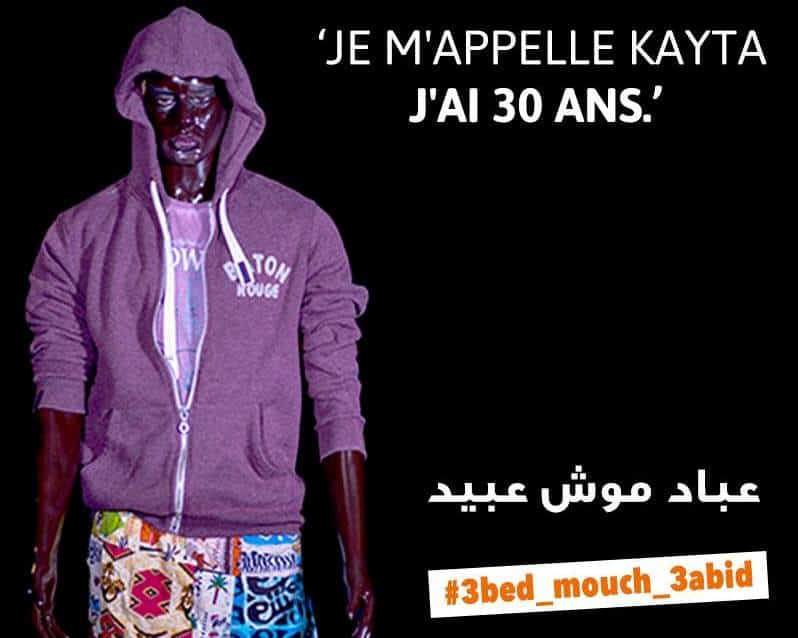Category: News
-
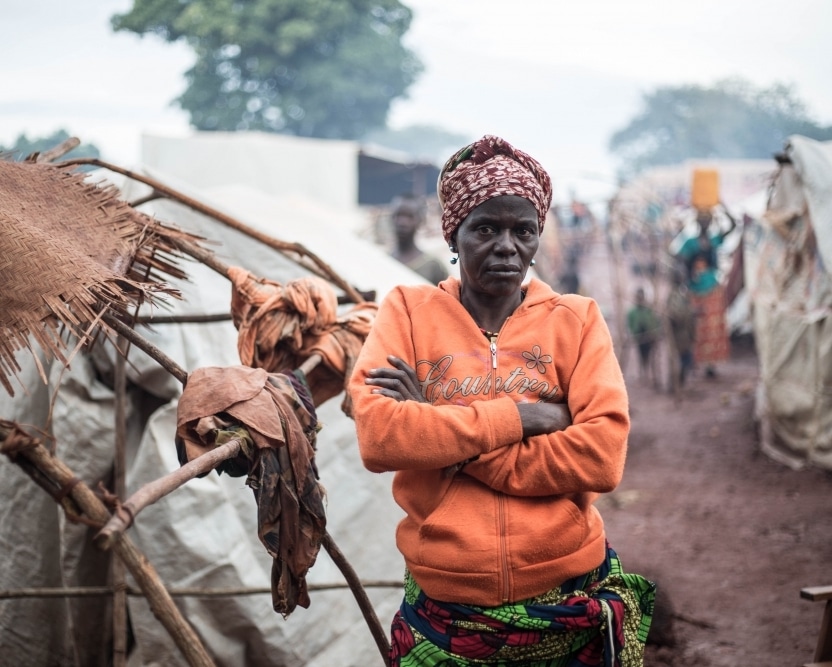
Special Criminal Court in CAR: what role should victims play in procedures?
In early October, alongside other civil society actors, both international and from the Central African Republic, ASF took part in a workshop to discuss the Rules of Procedure and Evidence Project for the Special Criminal Court. This was an opportunity to highlight the importance of respecting the rights of victims in relation to representation, participation,…
-
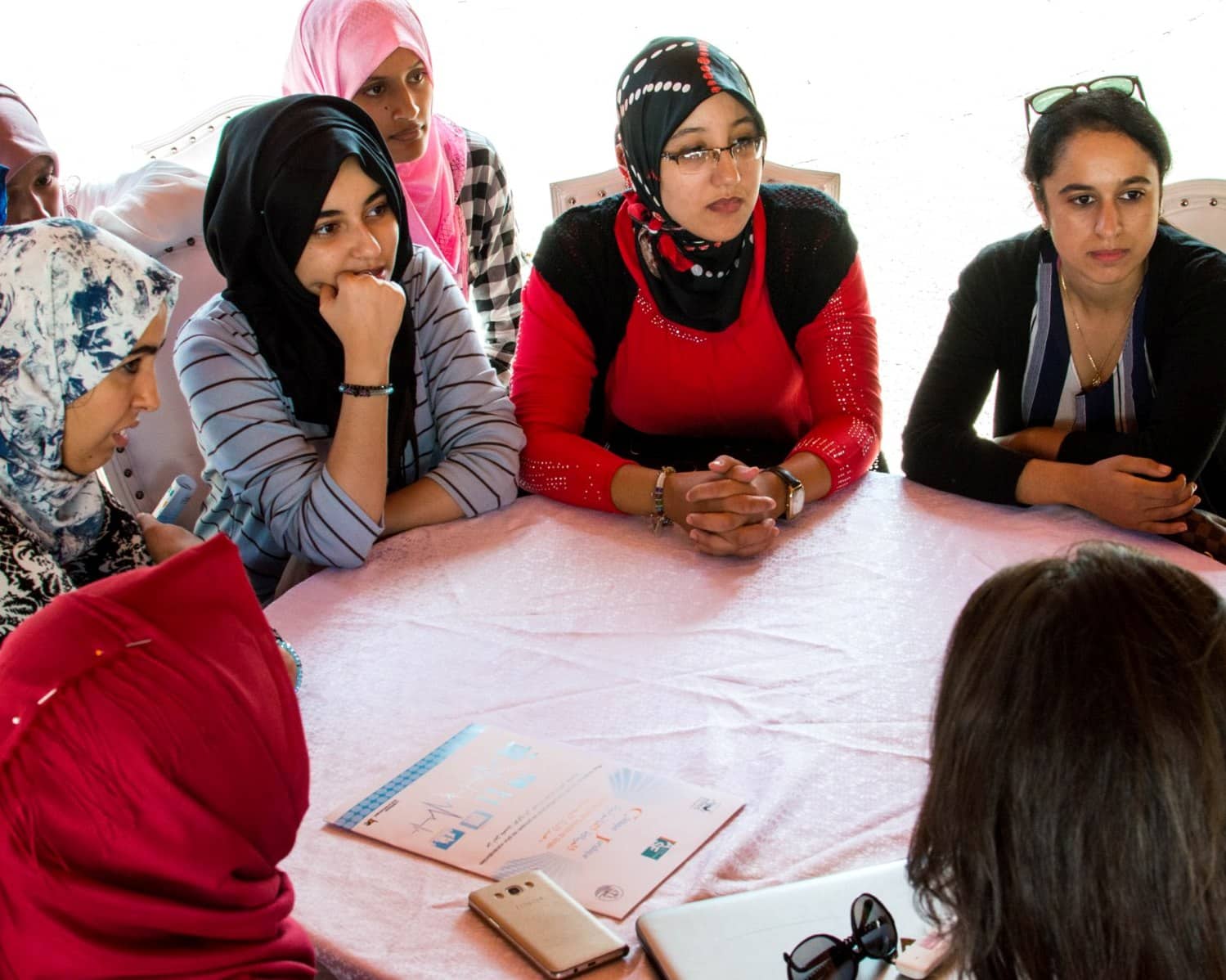
“Justice for All” legal clinic: a first in Morocco
For the past few weeks, students of Law Faculty of Mohammedia have been informing vulnerable people about their rights and providing them with legal advice. Women who have been victims of violence, children in conflict with the law, migrants, and refugees are welcomed at the “Justice for All” legal clinic, a social and educational initiative…
-
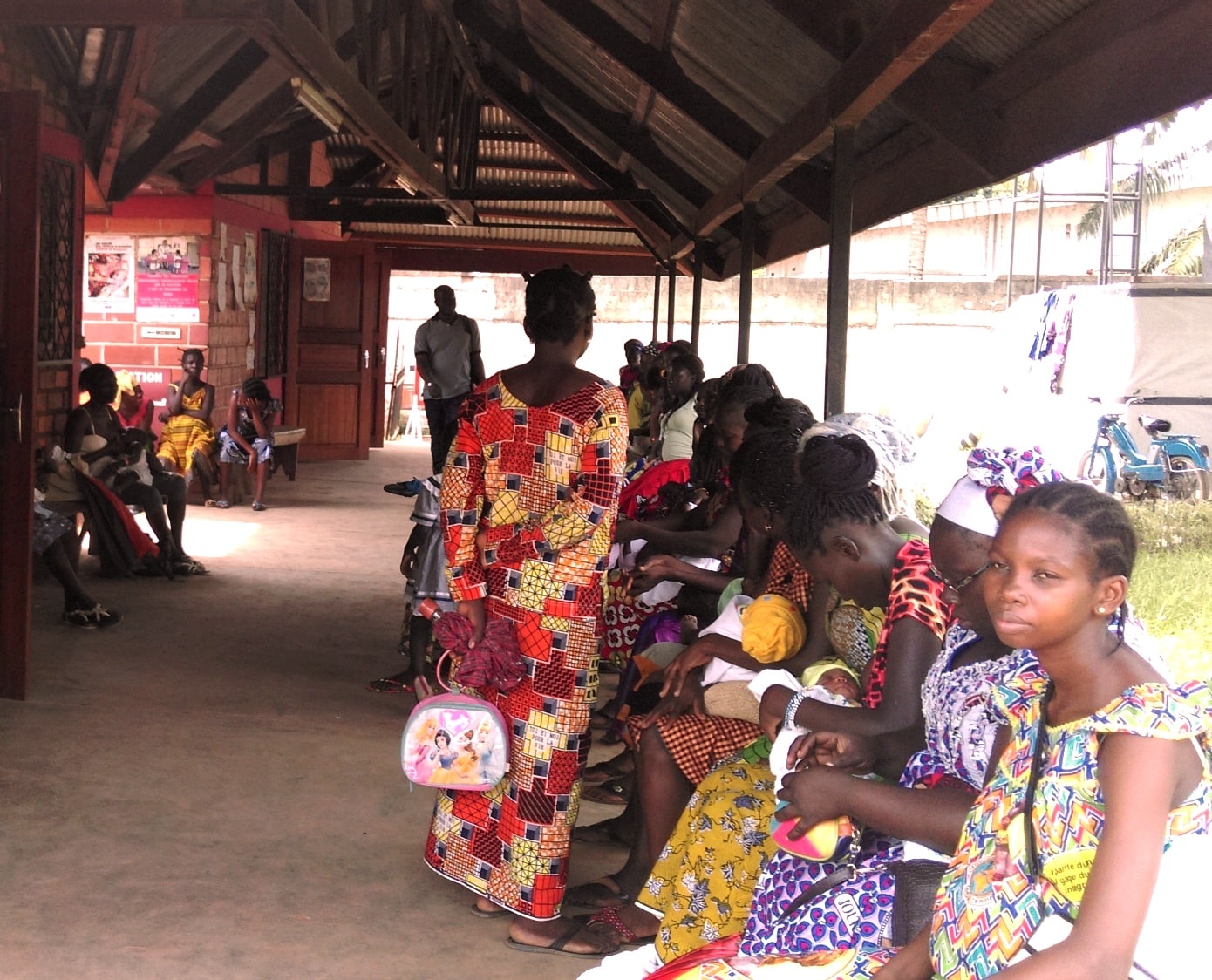
Birth certificates in CAR: the exception rather than the rule
Most Central Africans, especially the youngest, do not possess a birth certificate and thus don’t exist in the eyes of the state. What is the reason for this lack of registration? What are the obstacles to access to the Register of Births, Marriages, and Deaths? What are the consequences? ASF appointed Thierry Vircoulon, an expert…
-
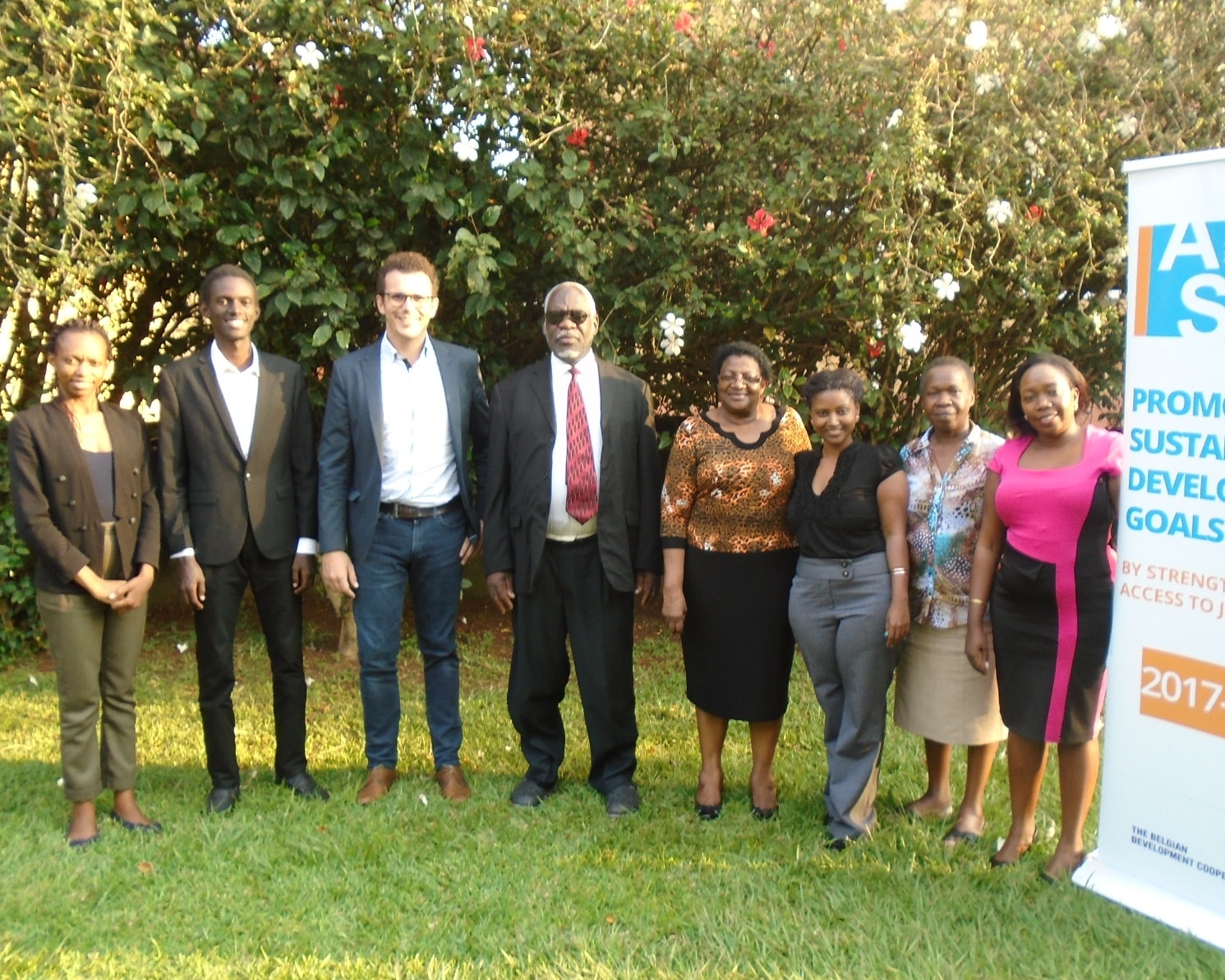
ASF support provided to the International Crimes Division in Uganda
Since 2012, ASF has been supporting the International Crimes Division (ICD) in Uganda. The ICD is a domestic court that was created as part of the government’s efforts to implement the Juba Peace Agreement. It is within the ICD’s jurisdiction to try serious offences such as war crimes, crimes against humanity, and genocide. Given Uganda’s…
-
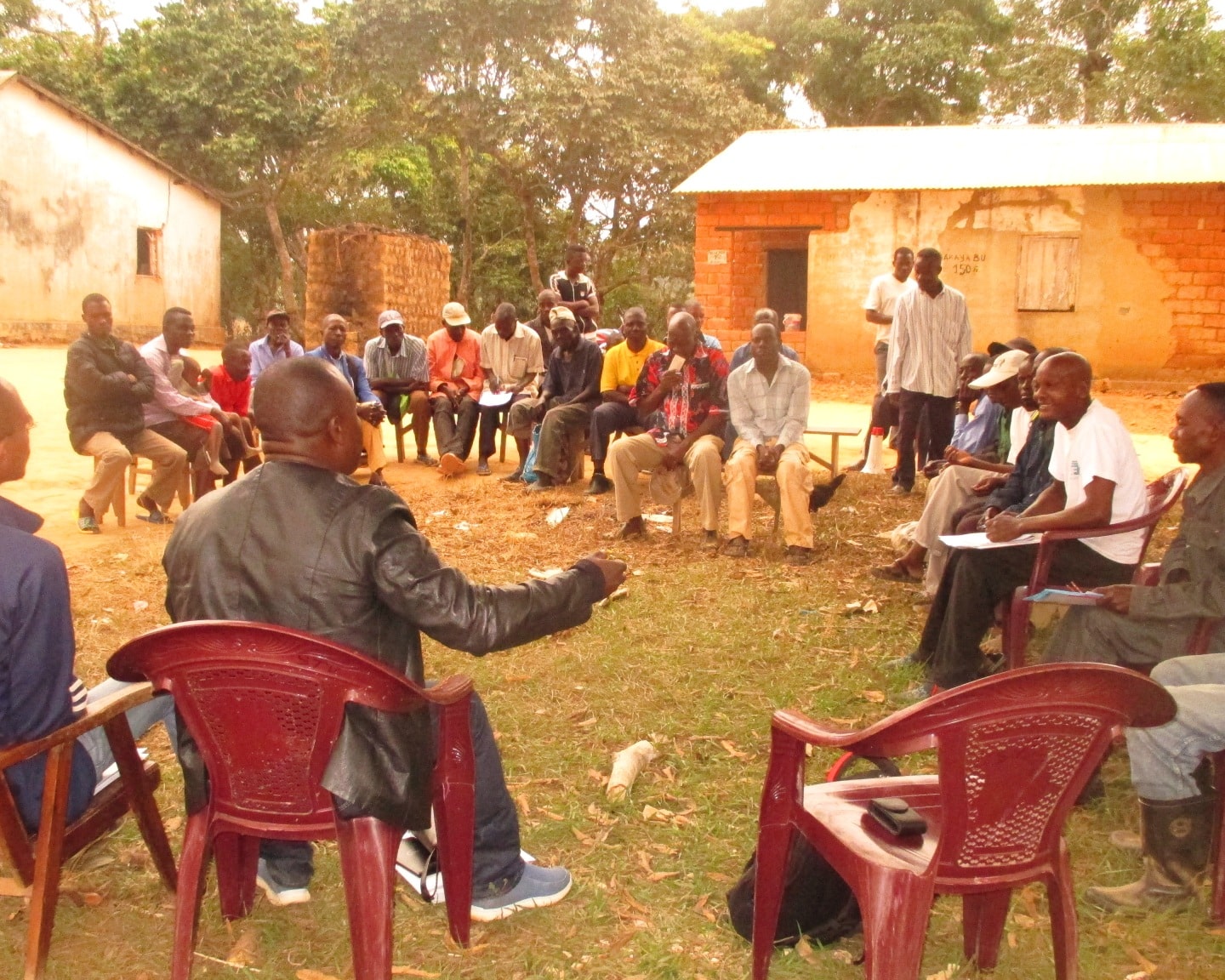
DR Congo: diversifying ways of resolving conflicts
In a country like the Congo, making use of the formal legal mechanisms is not always the best method of peacefully resolving conflicts. That is why ASF gives support to local justice actors in the country: community and traditional leaders, civil society organisations, paralegals, etc. This approach is central to the organisation’s new five-year programme,…
-
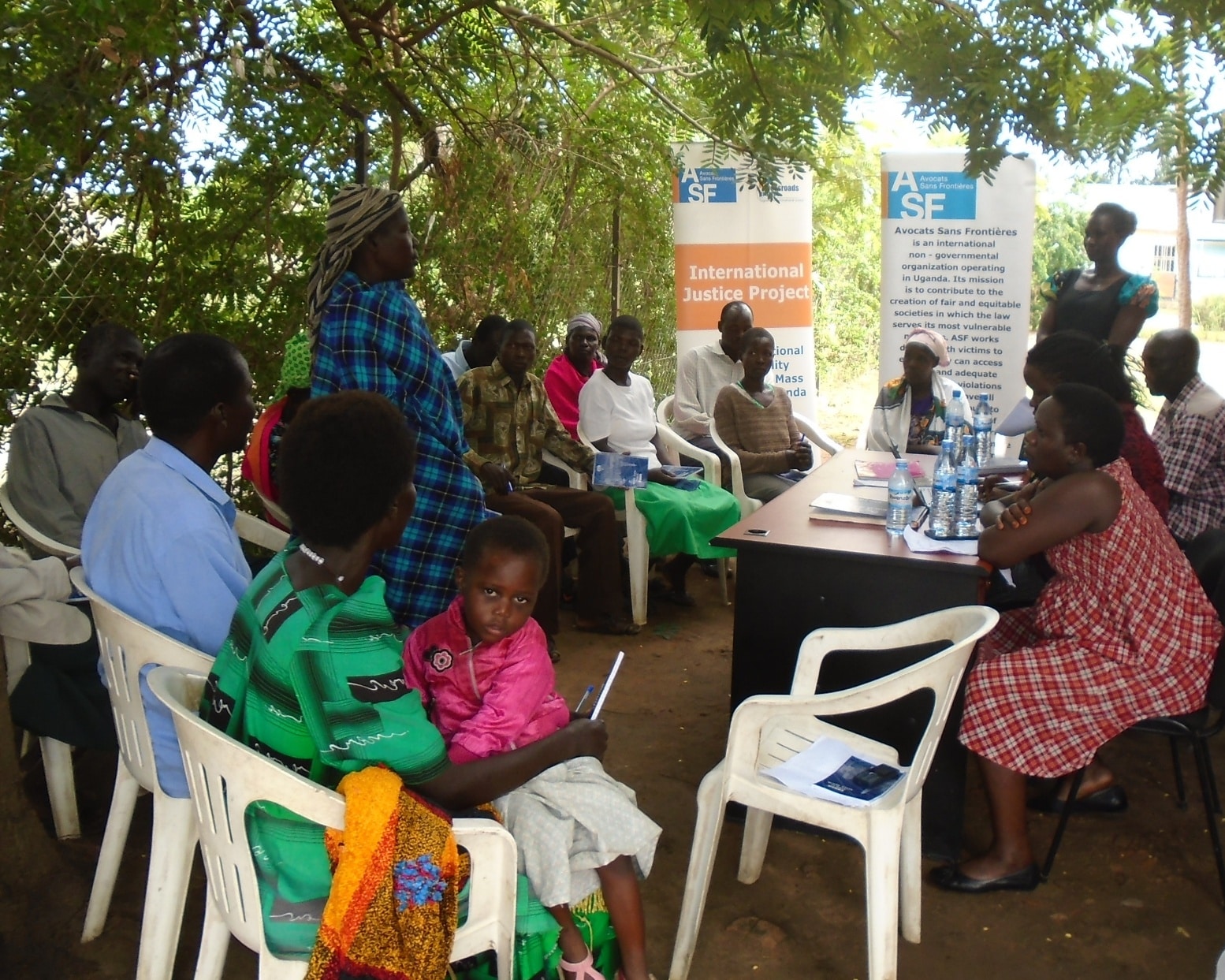
A beggar has no choice
Between February and April 2017, ASF conducted consultations with victims of mass atrocities in Northern and Eastern Uganda, about their views on ways to repair the harm they have suffered. The consultations took place in areas affected by the insurgence of the rebel group Lord’s Resistance Army. Their purpose was to get insight into LRA…
-
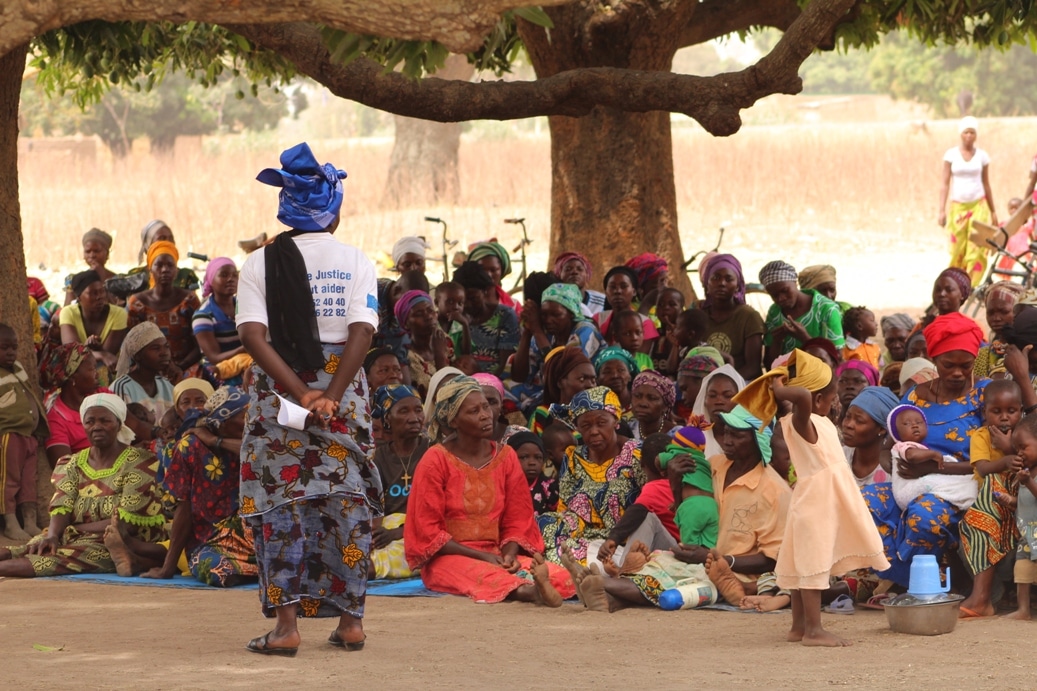
ASF in Chad: a glance at the past and toward the future
Begin May, the European Union officially renewed its support for Avocats Sans Frontières’ work in Chad, allowing the organisation to continue its efforts to protect human rights in the country. This provides an opportunity to look back over some results achieved to date and look toward the challenges to come.
-
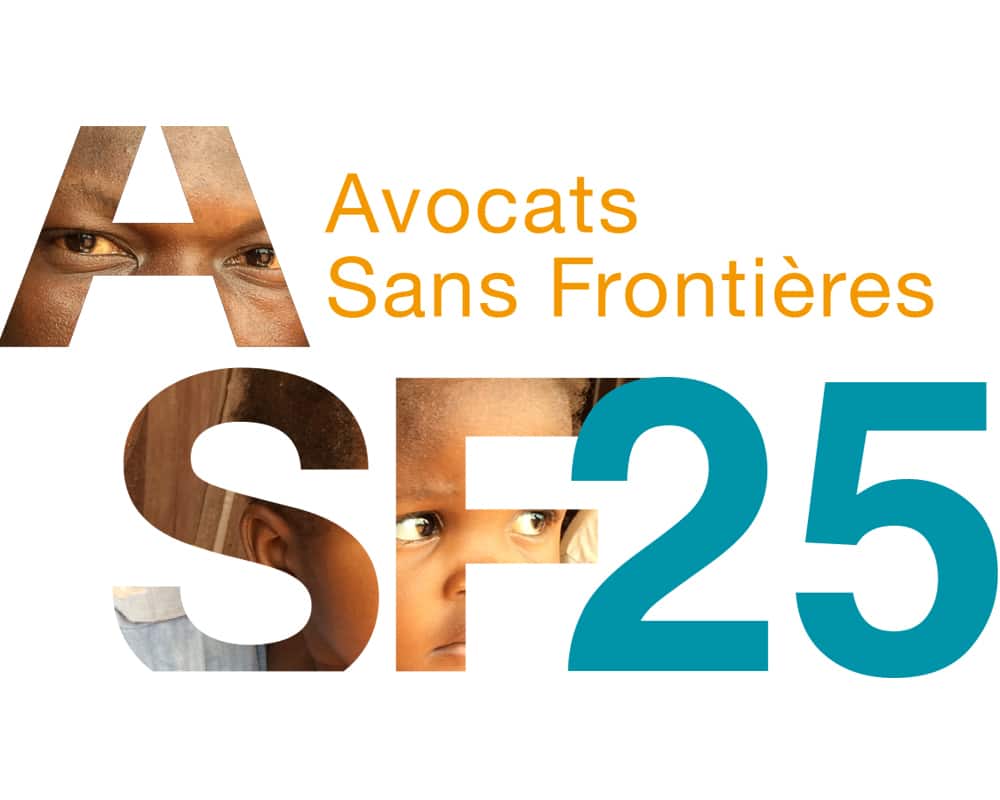
Happy birthday and long live #ASF25!
On 14 May 1992, a group of solicitors and barristers created Avocats Sans Frontières with the aim of “defending human rights in all countries around the world”. Twenty-five years on, our ideal of ensuring access to justice for all remains very much alive. Our organisation has gained strength from its experiences through the years, its…
-
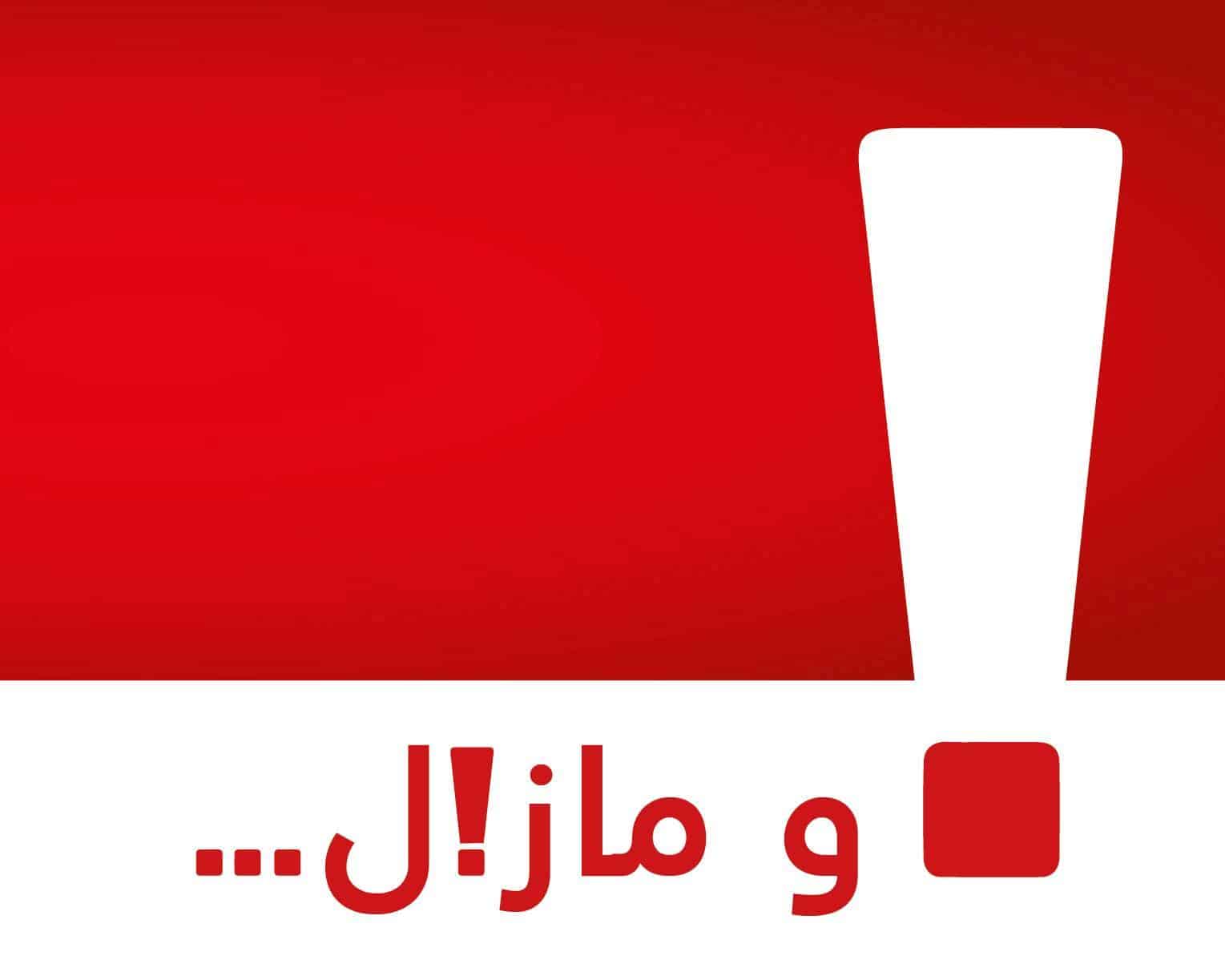
Human rights: Tunisia under scrutiny
Tunisia is today presenting its human rights record at the Universal Periodic Review initiated by the United Nations Human Rights Council. ASF, along with other civil society organisations, has contributed to the event by means of an alternative report. ASF is in particular calling for the withdrawal of the economic and financial reconciliation bill that…

